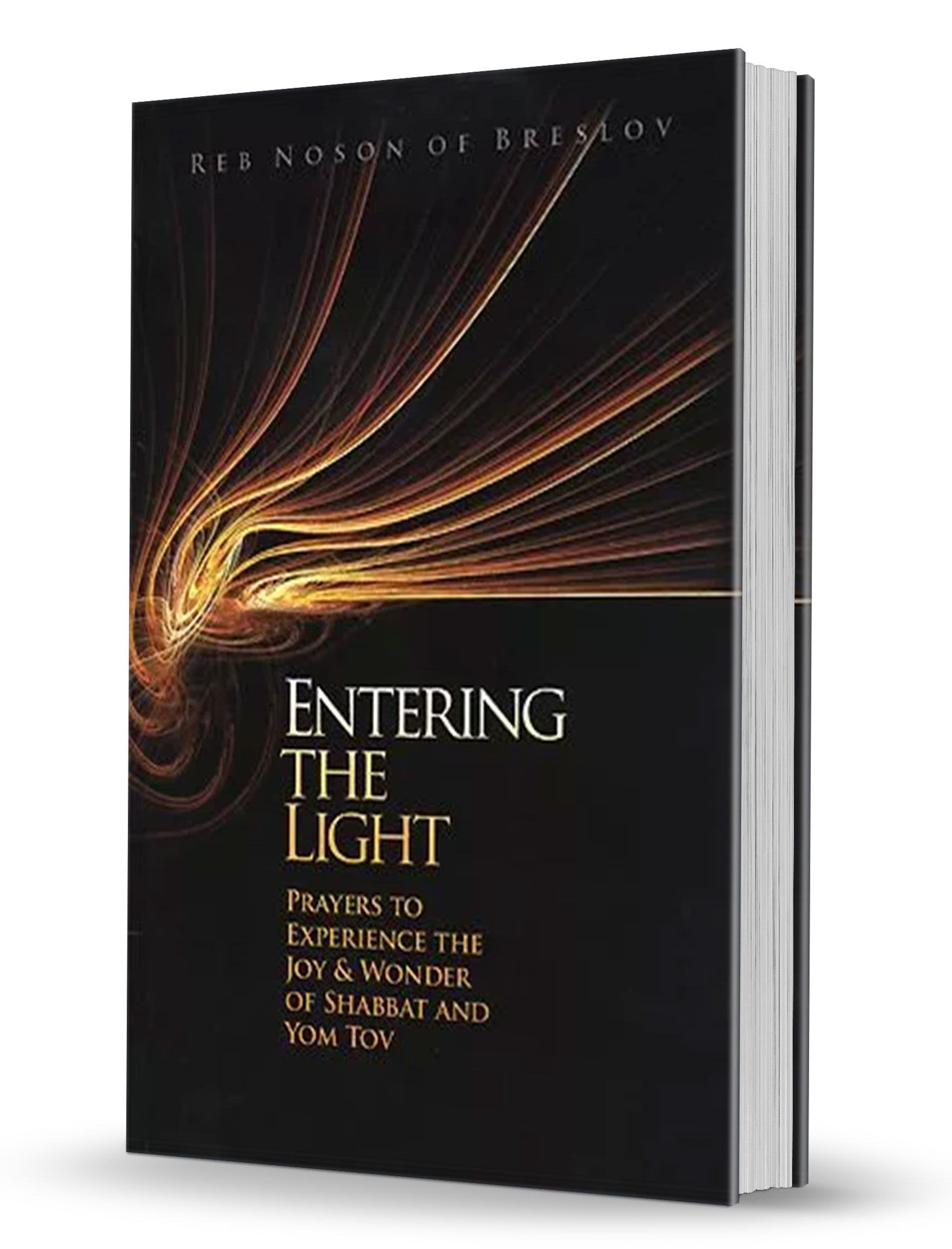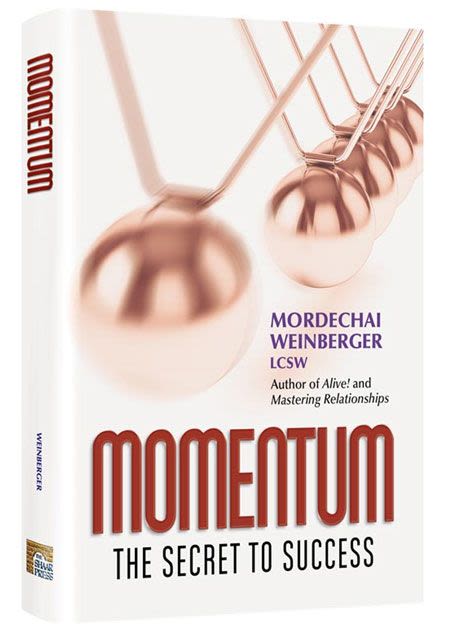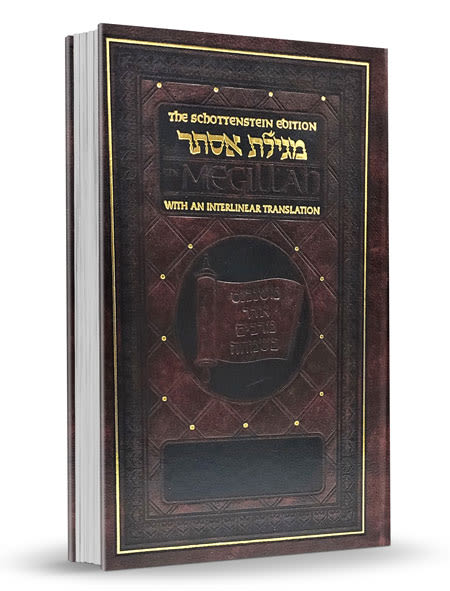
Aliya!
Shlomo comes to the Land in Israel, arriving as a Jew to look for a home for his family. How could something so new and strange be at the same time so familiar and so dear?

Strangers No More, Part 17
On a parallel track with our conversion, we had also contacted the Jewish Agency and their representative in Helsinki, in preparation for our aliyah. The “shaliach,” (a Jewish Agency representative who guides new immigrants in their aliyah process)Buki, was very helpful. Not wanting us to be under any false illusions, she candidly briefed us about the process of aliyah and integration into Israeli way of life: "First you will have one year of hell, then it will be paradise." Paradise or hell, whatever was in store for us, we were not moving to Israel to improve our lifestyle – we simply wanted to be here. If our goal would have been to raise our standard of living, Finland or Australia would have been far more suitable choices. "But you have to be able to live. There are practical sides of life as well, you cannot support your family on an idealistic dream," Buki said. Coming to Israel means that many dreams will crash. If one is able to pick himself up after he has salvaged some of the pieces of his shattered dreams, then his aliyah will be a success. Buki suggested that we go on a pilot tour to find out for ourselves the different alternatives for our family. A visit might put our dreams in another perspective as well.
During this time of planning and dreaming, we also established contact with the British Olim Society in Israel, which deals with new immigrants from Britain but also from Scandinavia. I explained our situation, and they were very helpful in giving advice. The closer we came, however, to the completion of our conversion and our planned aliyah, the more wary the British Olim Society became in their encouragement. They were doubtful about our chances of surviving in Israel as new immigrants.
I felt tremendously saddened. On the one hand, I knew our aliyah would be difficult, so I could not blame the counselors at the Society for their restraint. On the other hand, I knew that nothing could stop us from taking this step, so I would have appreciated some enthusiasm from their side. Why not be on fire for the sake of aliyah, in assisting Jews that are coming to the Promised Land? I did not let them discourage me. Instead I took the advice about a pilot tour and went to find out for myself.
I would have liked to have my wife with me for on-site consultations, but I was embarking on a reconnaissance tour by myself, making decisions for the whole family. I am hardly even trusted to go food shopping – always returning with the wrong items – and here I was "shopping" for my entire family’s future! Based on my observations on this tour, we would be making decisions on where to settle, and hopefully I would be returning with good news about employment and schools.

I knew that nothing could stop us from taking this step…
I was overjoyed when I fastened my seat belt on an El Al flight from Helsinki to Tel Aviv on a beautiful August morning. That same afternoon I was to land in Israel, arriving as a Jew to look for a home for my family. How could something so new and strange be at the same time so familiar and so dear? I was going away, but I felt a strong sense of going home. Had I lived here before? For how long had my soul been uprooted from Jewish ground? I had time to ponder these questions again. Kabbalah talks about reincarnation, which could possibly explain our strange connection to everything Jewish.
The plane touched down; I was in Eretz Yisrael – in August, meaning it was extremely hot. I took a taxi to Tel Aviv where I looked up a hostel; my budget did not allow me to stay in a hotel. The hostel did not excite me, but never mind, it was Israel. I stayed up late, sitting on the balcony, taking in the hot, humid Middle Eastern summer air. In the morning I set out for the British Olim Society, where I had my first appointment. "So, how is your Hebrew?" "Well, after fourteen hours in Israel, we'd better talk English." After just a few hours in the country, a lack of Hebrew is acceptable. But what if the same question hits you years later? The holy tongue is a difficult language to learn, and this is one of the many tough realities of aliyah.
"We suggest you visit the Absorption centers in Nazareth and Ra'anana," was the advice I received. We were too old to be accepted into a kibbutz; families with small children are suited to kibbutz life, not families with teenagers. To start out on our own was unthinkable, as we had virtually no financial assets. An Absorption Center, a “Merkaz Klita,” seemed to be the most viable option. I left the British Olim Society offices a few hours later with appointments penciled in my diary for the next few days. I seemed to be off to a good start and with hope in my heart, I clutched onto a thick folder filled with information and contacts.
Sitting in the bus heading north, we passed some Arab villages, then crossed the beautiful Jezreel Valley, and up the winding road to Nazareth. I was constantly asking myself: "Can I picture my family here? How much am I really asking of them?" Suddenly I was glad I had come on the pilot tour by myself, envisaging what might have been the outcome if the family had come along.
It did not take me long to realize that Nazareth was the wrong place for us. Driving through the town, I was shocked. It was for this reason we wanted to leave Finland – the non-Jewish holidays, the food, the Church.
It was a shame, because the Merkaz Klita in Upper Nazareth was quite new and beautifully located on a hillside with magnificent views. The staff people were friendly and helpful, making my decision all the more diffficult. I turned to my next appointment in my diary, the Merkaz Klita in Ra'anana.
What a relief! Ra'anana seemed like the perfect place for us. Here, I could picture my daughters making friends, socializing. It was a beautiful, picturesque town – but what about the Merkaz Klita? Will it meet the same standard? Walking to the Absorption Center, I thought about my family, and how spoiled we were when it came to our creature comforts. And what if this was our last option, and it was not acceptable? We had no choice. We would have to move here anyway. I just had to think of a reasonable explanation, and hope that the girls would understand.
There it was, a large complex of buildings that seemed to fulfill what its name suggested: it absorbed a lot of people. But that did not scare me. The atmosphere was warm. Already in the lobby I met some friendly newcomers who greeted me as if I was going to become part of the family.
The housemother, Zippi, showed me around and let me take a look at one of the apartments. As a family of six, we would qualify for a three-room apartment, which meant two bedrooms, and a small living space, including a tiny kitchen equipped with a fridge and two gas burners. It was nothing special, but considering the lack of alternatives, it was acceptable – for me. The challenge now was to explain to the rest of the family how we would be living for our first year in Israel. I thought my detailed illustration of the place was spot on, until the girls saw it when we moved in three months later. I was inspired by Joshua and Caleb when I reported back my findings to my family. Nothing could be done to change what I had seen, but I could select which information to share, emphasizing the positive, while omitting the negative.
I wanted to give a good report from the Land, like Joshua and Caleb on their first spy mission into Israel some 3,500 years earlier. The ten other spies saw that the Canaanites living in the Land were very strong, and they reported their findings back to the people, with terrible consequences. "We will die," they said and they sure did. The entire generation was to die during their forty years in the desert. One year for each day the spies had been on their mission. Not so for Joshua and Caleb. They were the only ones of their generation who were granted entry into Eretz Yisrael.
It is a truism that we tend to get what we expect, from both a positive and negative perspective. Therefore it is important to be careful with our thoughts and words, and to concentrate on creativity rather than destruction. The ten negative spies saw the powerful nations inside the Land, the battles they were going to lose. And lo and behold, they lost. The two spies with a positive attitude, Joshua and Caleb, saw the same land, inhabited by the same strong people, but they did not verbalize the negative aspects. Joshua and Caleb drew strength from their faith in God who had promised to give the Land to them. The inhabitants might be strong, they said, but it does not matter because we are stronger.
"The land we passed through and explored is exceedingly good. If the Lord is pleased with us, He will lead us into that land, a land flowing with milk and honey, and will give it to us. Only do not rebel against the Lord. And do not be afraid of the people of the land because we will swallow them up. Their protection is gone, but the Lord is with us. Do not be afraid of them" (Numbers 14:8).
On my pilot tour, the attitude of some of the advisers I encountered left me feeling sad and disappointed. I came to Israel to receive encouragement and inspiration for the move, which I knew would be very difficult for our family. I was well aware of our lack of financial assets, lack of Hebrew and lack of suitable professions. Could it get any worse? Not really. Were there any other examples of people who were less suitable for aliyah than us? No. But I did not want to be told what I already knew. I was going to go through with it anyway. What I needed was moral support and encouragement.
To be continued.
(Strangers No More, by Shlomo Brunell. Reprinted with courtesy of Gefen Publishing House 2005 www.gefenpublishing.com)












Tell us what you think!
Thank you for your comment!
It will be published after approval by the Editor.